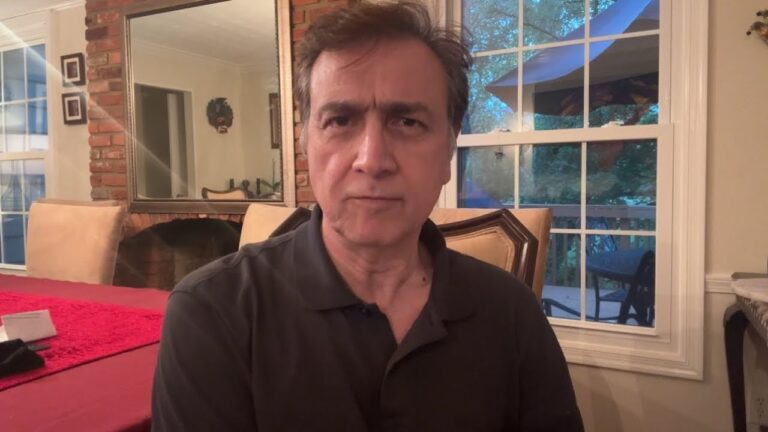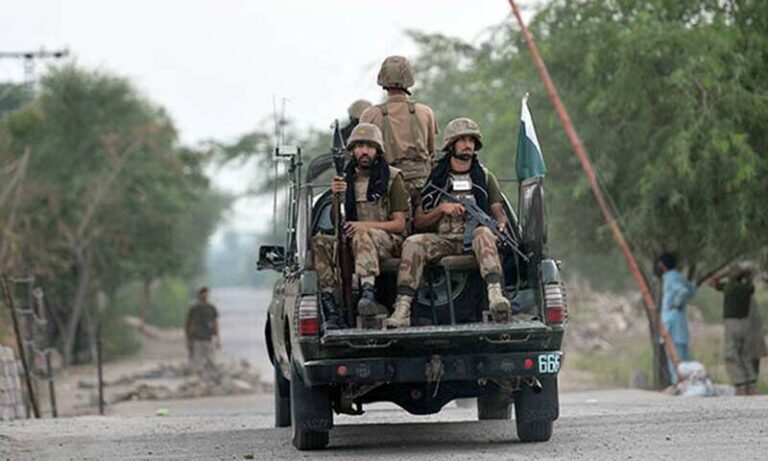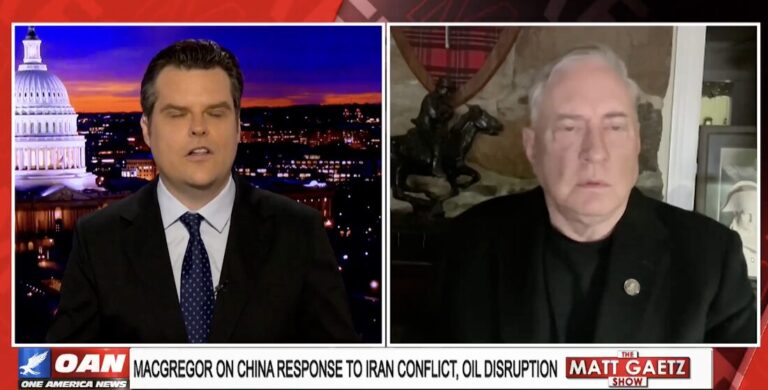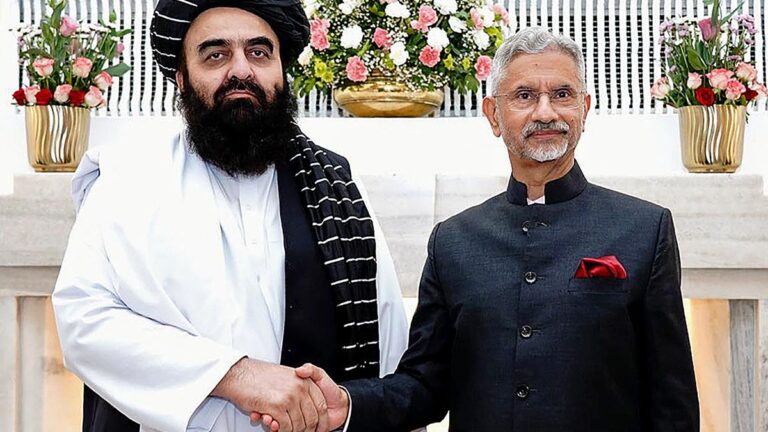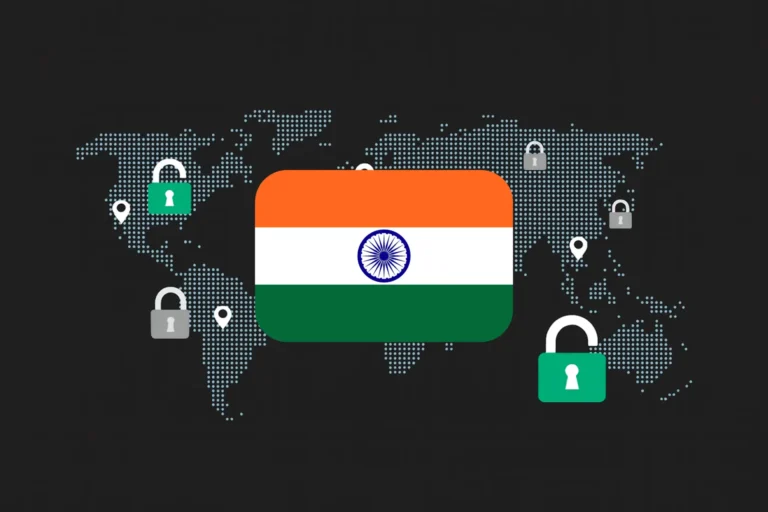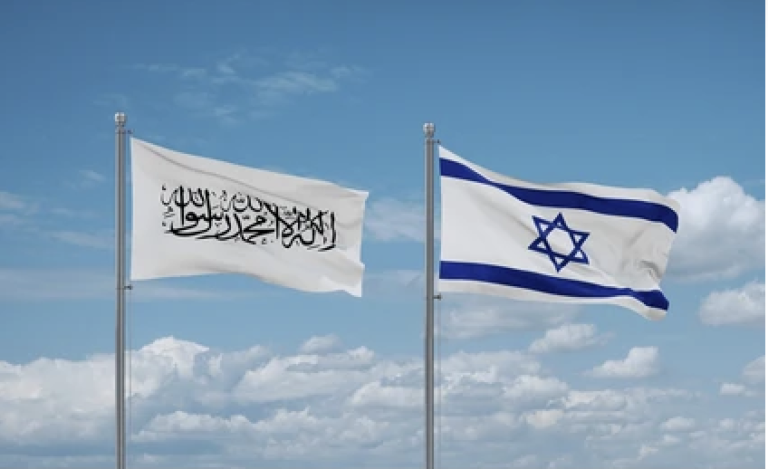US, Iran Discuss Nuclear Deal At Oman Meeting

US Middle East envoy Steve Witkoff held a fourth round of direct and indirect negotiations with Iran in Muscat, Oman, on Sunday, where discussions focused on the “technical elements” of a potential nuclear deal. According to a senior US administration official who requested anonymity, both sides agreed to continue their talks in the near future. These negotiations follow earlier rounds that began nearly a month ago, marking the highest-level contact between the two nations since the US withdrew from the 2015 nuclear agreement during President Donald Trump’s first term.
The US and Iran have faced long-standing tensions over the nuclear issue, with Washington accusing Tehran of seeking to acquire nuclear weapons, which Iran has consistently denied, insisting that its nuclear program is intended for peaceful purposes. Despite the difficulties, both sides have reported some progress in previous rounds, although disagreements remain over Iran’s uranium enrichment capabilities.
Iran’s Foreign Minister Abbas Araghchi made it clear before departing for Muscat that Iran views its enrichment capability as a national achievement, stating that the issue is “non-negotiable.” He emphasized the importance of the negotiations and expressed hope that this round would bring them closer to a decisive resolution. Despite the tension over uranium enrichment, there have been significant diplomatic developments. Araghchi, who was recently in Saudi Arabia and Qatar, highlighted that negotiators were pushing for relief from US sanctions during these talks. Iran views the lifting of sanctions as a key objective in these discussions, as it seeks economic relief following years of stringent US-imposed measures.
The tension between the US and Iran is rooted in Washington’s withdrawal from the 2015 agreement under Trump, which promised to limit Iran’s nuclear activities in exchange for sanctions relief. Since the withdrawal, Iran has gradually rolled back its compliance with the deal, including increasing uranium enrichment. President Trump’s administration, adopting a “maximum pressure” approach, sought to bring Tehran to the negotiating table by tightening sanctions. Under President Joe Biden, the US has returned to diplomatic efforts, but has insisted on total verification that Iran’s nuclear program is fully shut down.
The Iranian side, however, maintains that its right to enrich uranium is non-negotiable, with negotiators defending their position at the talks. While the US delegation, led by Witkoff, has pushed for the dismantling of Iran’s enrichment facilities, Tehran has remained firm in its stance. Foreign ministry spokesman Esmaeil Baqaei stressed that Iran’s delegation includes experts necessary to serve the country’s best interests at this critical stage of negotiations. Tehran insists that any talks should be focused solely on nuclear issues and the lifting of sanctions, rejecting the inclusion of discussions on Iran’s military capabilities, such as its ballistic missile program.
Western countries, particularly the US, have called for stronger measures to prevent Iran from acquiring nuclear weapons, with officials stating that Iran’s nuclear facilities must be dismantled as part of any deal. Israel, which has long been opposed to Iran’s nuclear ambitions, has also expressed concerns over the scope of the negotiations, calling for Iran’s ballistic missile program to be halted as part of any comprehensive agreement.
As the talks continue, European governments are closely monitoring Iran’s compliance with the terms of the 2015 agreement, with some considering the option of triggering the “snapback” mechanism, which would reinstate UN sanctions. This option, however, expires in October. The ongoing negotiations come at a time of heightened diplomatic activity in the region, with Trump preparing for his first major foreign tour, and Araghchi’s recent visits to Saudi Arabia and Qatar, signaling the importance of these talks in the broader geopolitical context.
As discussions continue, the world watches closely to see if a breakthrough can be reached. Both the US and Iran have made it clear that their positions on key issues shall remain firm. The outcome of these talks could significantly impact regional stability and international relations, particularly in the Middle East.

